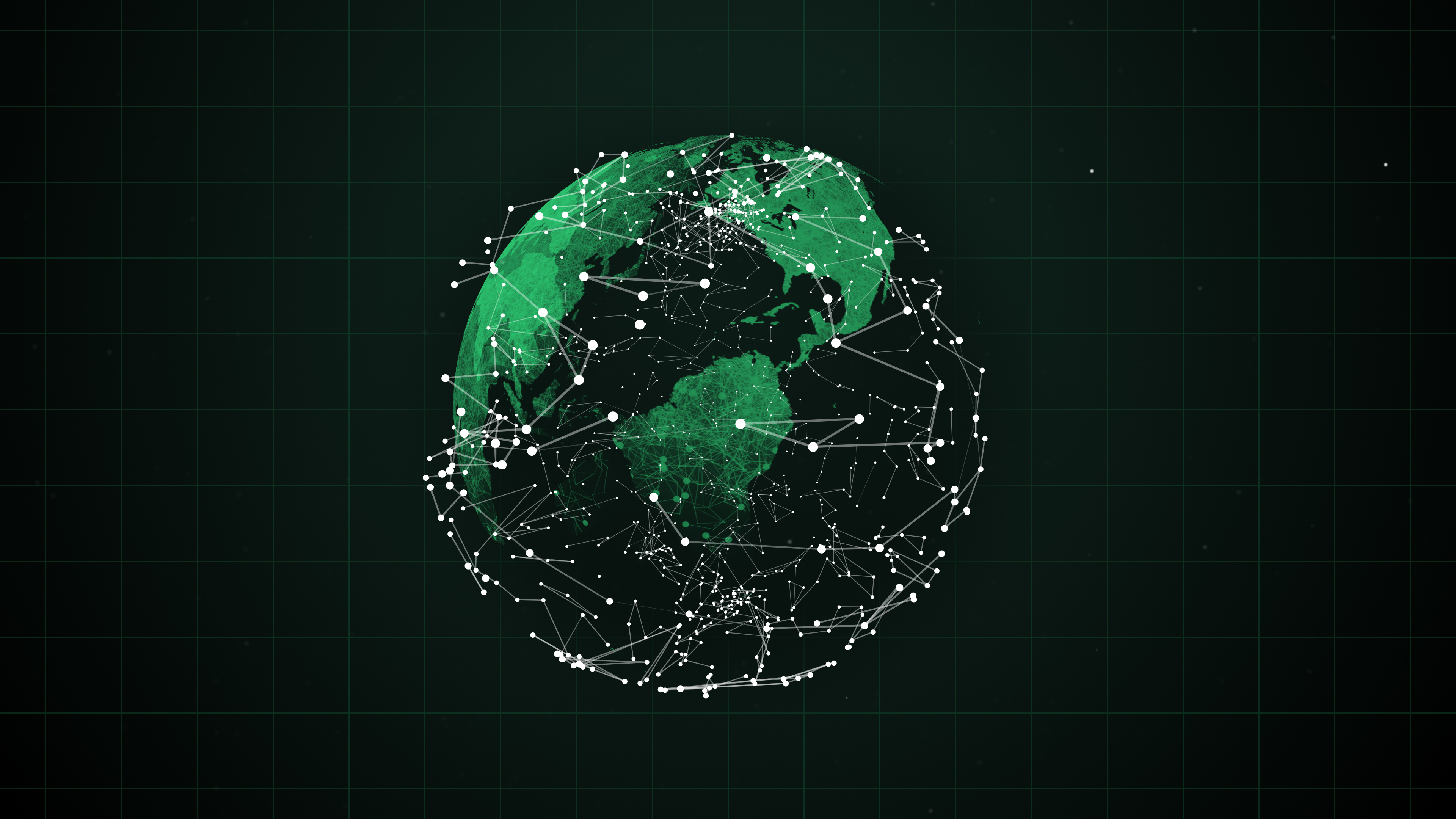
As part of the delivery of a “final warning” to humanity on the climate crisis from the Intergovernmental Panel on Climate Change (IPCC) yesterday (20 March), the international trade sector has been warned that it needs to play its part.
The IPCC set out the final part of its sixth assessment report on Monday, and UN secretary general Antonio Guterres said:
“This report is a clarion call to massively fast-track climate efforts by every country and every sector and on every timeframe. Our world needs climate action on all fronts: everything, everywhere, all at once.”
In the report, IPCC scientists said that extreme weather caused by climate change would lead to “increased deaths from intensifying heatwaves in all regions, millions of lives and homes destroyed in droughts and floods, millions of people facing hunger, and increasingly irreversible losses in vital ecosystems,” according to the Guardian.
Trade’s role
The director general of the Institute of Export & International Trade (IOE&IT), Marco Forgione, said businesses and individuals operating in international trade have a key role to play in the fight against climate change. He told the IOE&IT Daily Update:
“Supply chains and trade have a central role to play in helping find solutions to the climate crisis.
“This latest IPCC report is a stark reminder that time is running out and that international trade, as an industry, needs to accelerate its move to net zero.”
‘Wake-up call’
Forgione was not alone among industry leaders to say that the report needed to have an immediate effect.
Beverley Cornaby, UK director at the Corporate Leaders Group, said the IPCC had “provided yet another wake-up call” and leadership was needed from “both governments and the wider economy”.
“Next week, through publishing a refreshed Net Zero Strategy and responding to both the Climate Change Committee progress report and Chris Skidmore’s Net Zero Review, the government can fast-track climate action and provide the clarity, consistency and stable transition plan the wider economy is calling for,” she told environmental news site edie.net.
Stuart Bruce, KPMG UK’s director of climate risk and strategy, also told edie.net that “rapid, deep and equitable decarbonisation is essential across all aspects of society if we are to avert the worst impacts of climate change, some of which are already starting to materialise.”
Digitalisation’s role
Forgione that the digitalisation of trade documentation and processes had a key role to play in the industry’s own response to the climate crisis, particularly as it enables the supply chain reporting needed for businesses to monitor and reduce emissions.
In reference to the EU’s Carbon Border Adjustment Mechanism (CBAM), he told the Express this week:
“The digitalisation of trade allows the simple assessment of reporting on such initiatives and allows you to amend your supply chain and the way you operate to ensure you are as sustainable and environmentally sound as possible."
Energy Charter Treaty
The latest IPCC report comes as a cross-party group of parliamentarians have called on energy minister Graham Stuart to withdraw the UK from the controversial Energy Charter Treaty (ECT), according to Politico.
Experts have previously told the Guardian that the agreement allows fossil fuel companies to sue governments over policies that could affect their future profits.
The European Commission recently proposed a collective withdrawal of all EU member states from the ECT as the agreement would “clearly undermine” its climate targets, according to Euronews.



